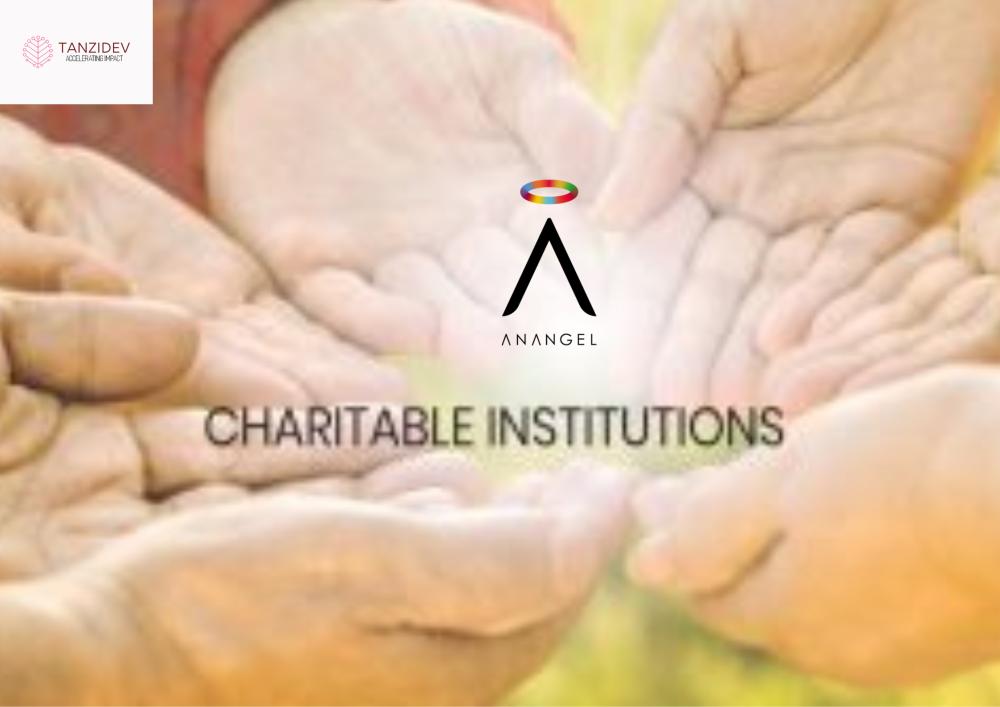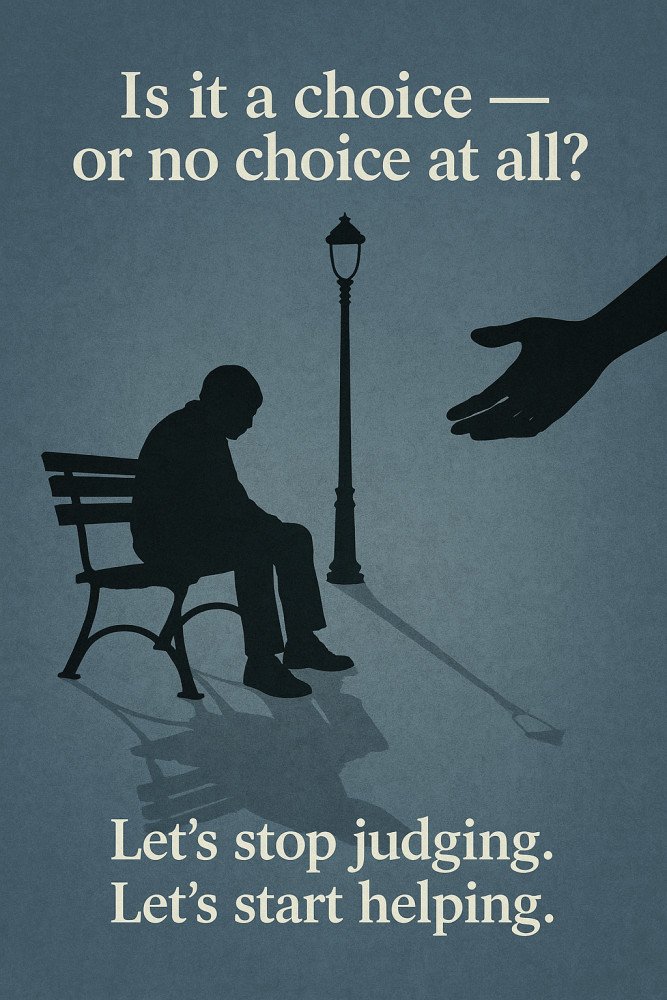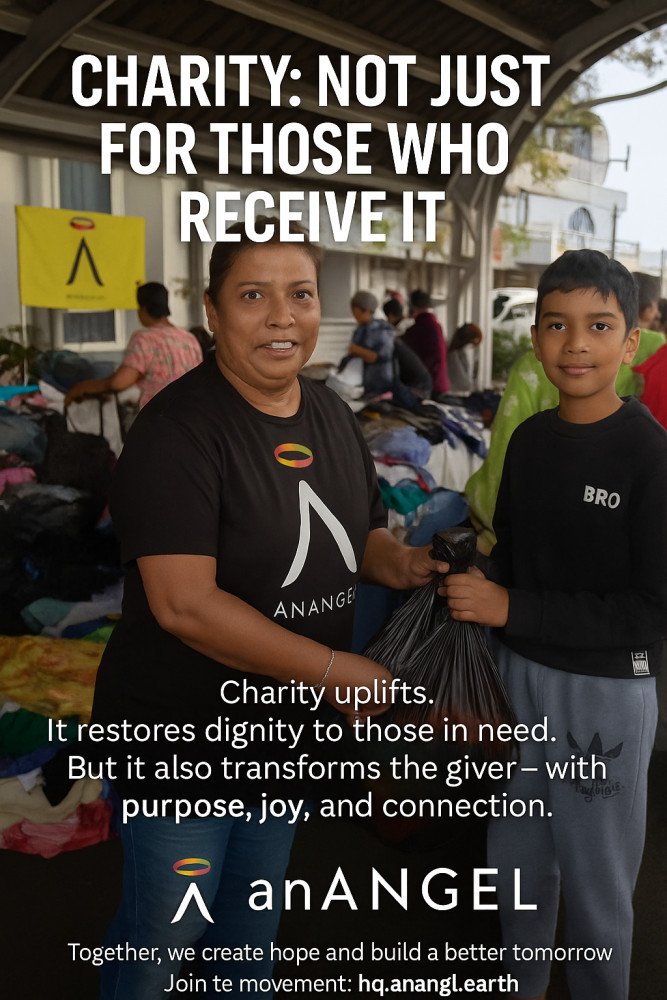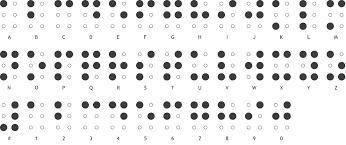
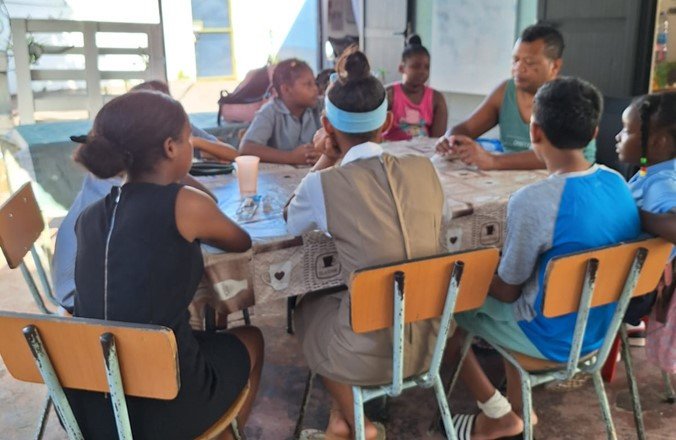
Education: A Lifeline for Underprivileged and Disabled Children in Mauritius
Imagine growing up in a community where education is not a privilege, but a challenge—where the doors to opportunity are closed simply because of your circumstances. In Mauritius, education is free and mandatory until the age of 16, yet many children, especially those from underprivileged backgrounds or with disabilities, still face significant barriers to accessing it.
While Mauritius boasts an impressive 98% literacy rate, the reality for many children is that education remains out of reach. Even though education is accessible, poverty, social exclusion, and special needs make it nearly impossible for some children to attend school or receive the necessary support to succeed. This is the story of countless children across the island who struggle every day to gain a future through education.
Mauritius may offer free education, but for many children, poverty and discrimination continue to prevent them from benefiting fully. In fact, over 1,500 children are categorized as "at risk," living in poverty, abuse, or neglect that keep them from school. The financial strain on families often means that school fees, transportation, uniforms, or even basic supplies like books and stationery remain unaffordable.
Despite the country’s commitment to free education, more than 1,000 children drop out each year, often due to the lack of support at home or the pressure to contribute to family income. Children from low-income families are particularly vulnerable, with 40% less chance of passing national exams than their wealthier peers. For disabled children, the situation is even more challenging. Without proper resources and inclusive education policies, many never step foot into a classroom.
These children, whether living on the streets or in difficult home environments, face the harsh reality that even when education is free, the systemic barriers—discrimination, lack of specialized support, and economic hardship—make it feel unattainable.
While the challenges are great, there are countless organizations working tirelessly to make education a reality for vulnerable children in Mauritius. These NGOs are shaping the future of underprivileged and disabled children, providing them with the tools, resources, and emotional support they need to break the cycle of poverty and create a better life for themselves.
Bâtisseurs de Paix, for example, empowers underprivileged children with education, leadership training, and personal development programs that equip them to succeed in life and become leaders of tomorrow.
Groupement Social de Souillac offers alternative education programs and psychological support for children facing abuse or neglect, helping them remain in school and avoid dropping out.
Monad Charity focuses on underprivilege children offering free education, meals, and safe spaces where these children can learn, grow, and fulfill their potential without the financial burden that typically holds them back.
Pont du Tamarinier works with street children and young offenders, providing educational programs and life skills training that help these children reintegrate into society and avoid falling into a life of crime or poverty.
ANFEN (Adolescent Non-Formal Education Network) focuses on providing alternative education to children who have already dropped out of the traditional school system, offering them a second chance at a brighter future through vocational training and educational support.
Future Hope helps vulnerable children by providing education, mentorship, and career guidance, preparing them for both academic and life success.
In rural areas, Maisons Familiales Rurales (MFR) is providing vocational training to children, particularly those at risk of dropping out, to give them the skills they need for future employment.
Bonheur Associé aux Enfants offers psychosocial support, school integration programs, and safe spaces for vulnerable children, ensuring that even those who face the greatest challenges can still access education and thrive.
Education is often seen as a privilege—but for underprivileged and disabled children, it is the key to their future. In Mauritius, education is free and mandatory until the age of 16, which should ensure that all children have the opportunity to attend school. But for too many, barriers like poverty, lack of support, and special needs prevent them from fully benefiting from this system.
For children living in poverty or facing exclusion, education is the only real opportunity to break free from the cycle of poverty. It is a lifeline that offers a chance for economic independence, self-worth, and dignity. Statistics show that for every year a child stays in school, their potential future income increases by 10%. This means that education is not just an investment in an individual but an investment in the future of our society.
For disabled children, education opens the door to independence, integration, and the ability to live a fulfilling life. With proper resources, these children can access the same opportunities as others, whether that’s academic achievement, vocational training, or social integration.
Moreover, education plays a critical role in protecting children from exploitation. It keeps children safe from child labor, early marriage, and other forms of abuse, offering them a space to grow, learn, and dream without the constant threat of exploitation.
The Barriers We Must Break
While Mauritius offers free education for all, there are still significant barriers that must be addressed to ensure that every child has equal access to quality education.
Funding remains a primary issue for many NGOs. While education may be free, children still need school supplies, uniforms, meals, and transportation—all of which can be unaffordable for the poorest families. Disabled children also face a lack of specialized support in schools, with many institutions failing to provide the necessary resources and trained educators to cater to their needs.
Additionally, alternative education programs are still limited. Vocational training options are not always available for those who do not thrive in the traditional academic system, leaving many children without the skills they need to succeed in the workforce.
How You Can Make a Difference
Education is a shared responsibility, and we all have a part to play in ensuring that every child in Mauritius has access to the education they deserve.
Donate to organizations that are working on the frontlines to provide school supplies, meals, and transportation for children in need. Your contribution can ensure that a child receives the tools they need to succeed.
Volunteer your time. Offer to tutor or mentor children, providing them with the support they need to thrive in school.
Support corporate partnerships. Businesses can step in and fund education programs or partner with NGOs to provide resources and opportunities to children.
Finally, raise awareness. Share the message that education is free and mandatory but that many children still face barriers that keep them from school. By advocating for inclusive education, we can help ensure that every child—regardless of their background or abilities—has the chance to build a better future.
The Future Starts with Education
In Mauritius, education is free and mandatory, yet many children still face obstacles that prevent them from accessing the education they deserve. For underprivileged and disabled children, education is not just a luxury—it is the key to a better life. With the support of NGOs, volunteers, and donors, we can break down these barriers and help create a future where no child is left behind.
Education is the foundation for a stronger, fairer, and more inclusive Mauritius. By working together, we can ensure that every child, regardless of their circumstances, has the opportunity to learn, grow, and build a future filled with hope and possibility.
Now it’s your turn: Will you be part of the change?
Whether by donating, volunteering, or simply raising awareness, you can help make a difference in a child’s life. Let’s invest in our children’s future—because when they succeed, we all succeed.
🌱 Education is the seed of hope—let’s make sure it grows.
